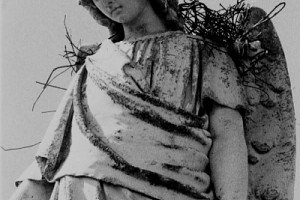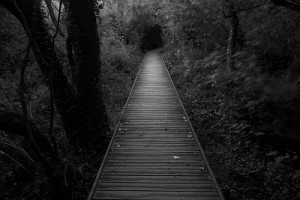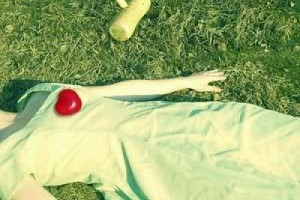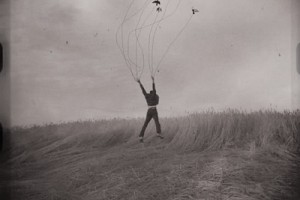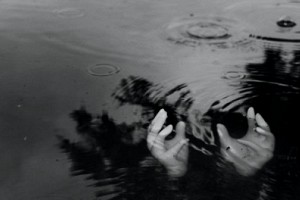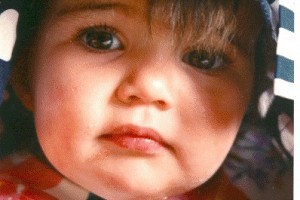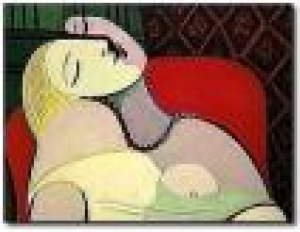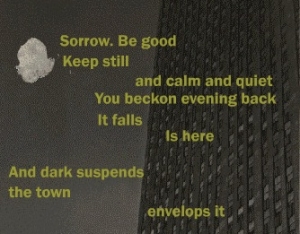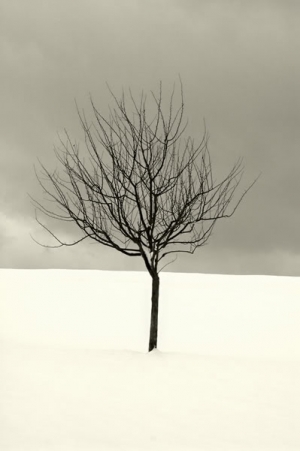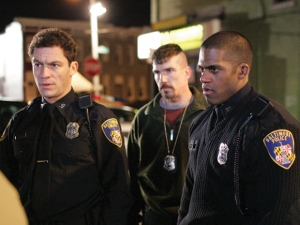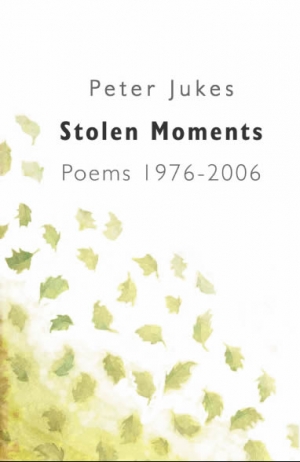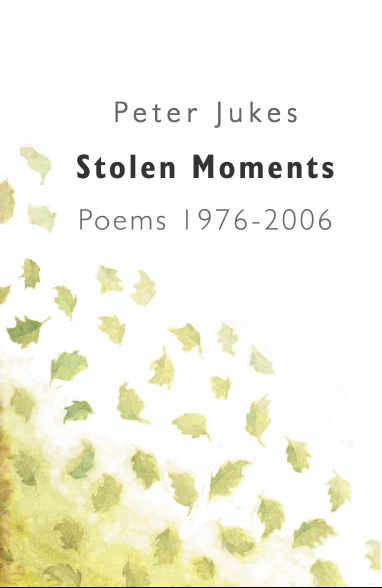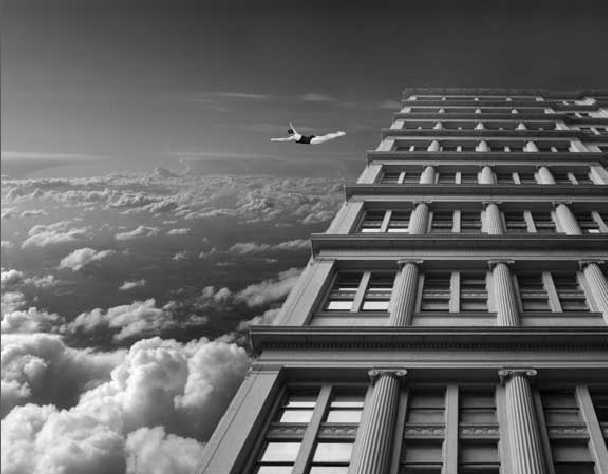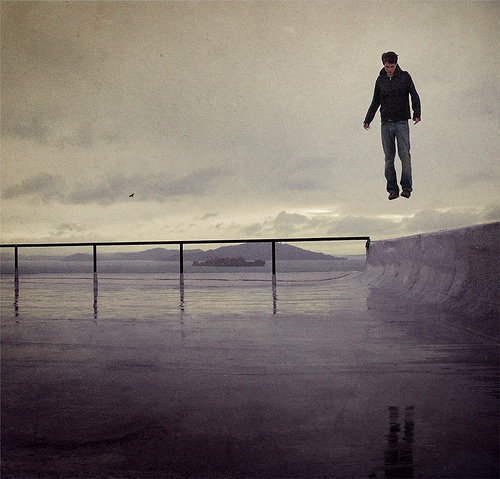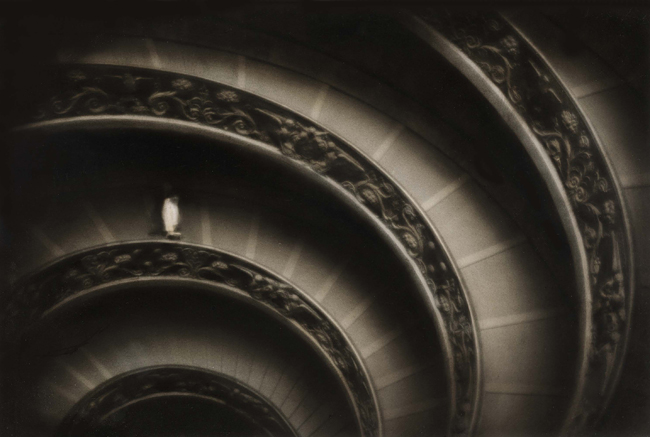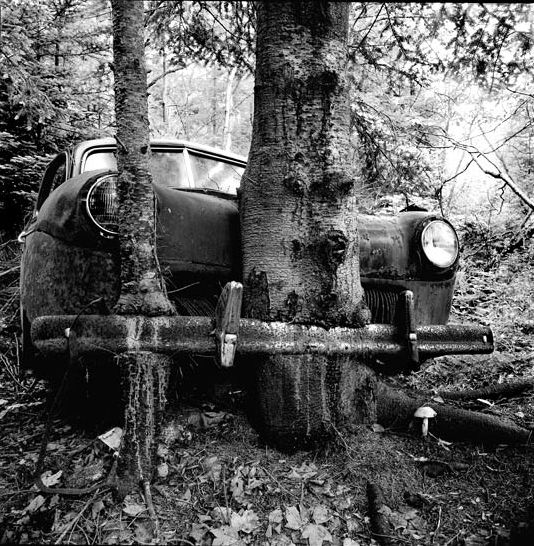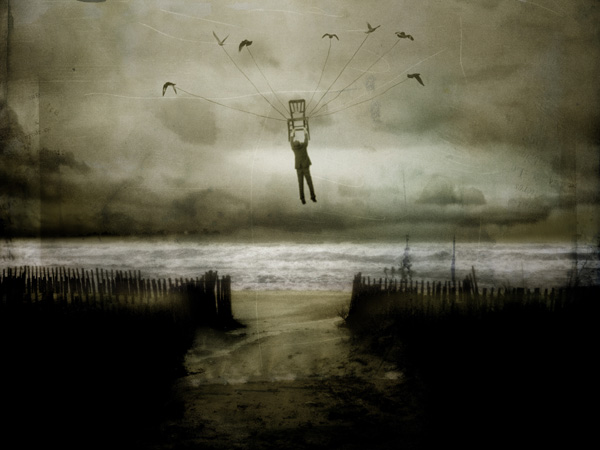It’s been a slow burning fuse. From its first broadcast on the US pay-TV channel HBO in 2002, it took seven years for The Wire to accumulate widespread critical recognition in Britain. And it has grown into something bigger than an artistic success. Like a great Victorian novel, David Simon’s epic portrait of the policing, crime and politics of post-industrial Baltimore is now cited by politicians and leader writers. But the success of this show and a raft of other imports such as The West Wing and Mad Men begs a question about the state of one of our key cultural industries. How come US television drama has captured the high end of the market and we have abandoned it?
-
-
-
Sep 08
-
-
-
-
-
-
Peter Jukes
Every Song
Song of the Arid Orange Tree
Meditation by Baudelaire
Flash animation - not visible for on iPads or IPhones. According to Stephen Fry this animation is:
Entirely charming and fine.
Song of the Arid Orange Tree
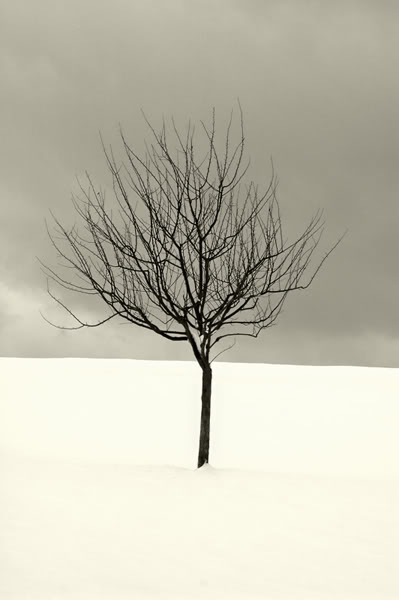
Woodcutter, woodcutter
Cut me from my shadow,
Free me from the burden
Of seeing myself barren.
Why must I live amid these mirrors?
The sun looks down askance
While night comes out to mock me
With every single star
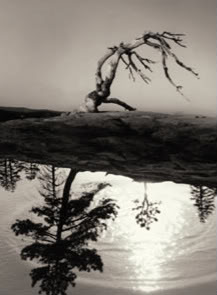
But living without reflection
I'd dream the ants and hawks
Cover my boughs like foliage
And sing in my leaves like birds.
Woodcutter, woodcutter
Cut me from my shadow,
Free me from the burden
Of seeing myself barren.
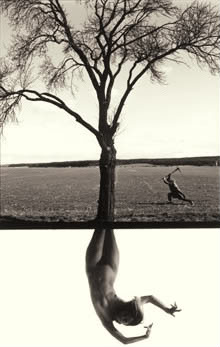
Peter Jukes: translated from Lorca's Cancion del Naranjo Seco
Why Britain Can't Do the Wire
The critically acclaimed US television drama could not be made here. We have writing talent in abundance, but its output is controlled by a stifling monopoly—the BBC. Plus, an interview with The Wire's creator David Simon

Flaming for Obama

I’ve spent much of the last year on the front line of one of the most contentious presidential nomination contests in memory—without moving from my London desk. I have been part of something historic: the first great political battle to take place in cyberspace.
For many in Britain, blogging, especially political blogging, is a bit of a disappointment. Many of our political sites are tacked on to party websites, or are simply online versions of established media outlets. They tend to be either controlled, conformist and rather dull, or unmoderated rants, the kind of online graffiti rightly parodied by Private Eye.
The US offers a glimpse of something different—how the internet can transform news and opinion. It is ten years since the Drudge Report broke the Lewinsky scandal. These days, American sites like Talking Points Memo, Politico and (as Andrew Keen described in the August issue of Prospect) the Huffington Post regularly scoop the conventional media by hours, or even days.
About Me
My CV was probably my first great work of fiction, and I've been constantly inventive trying to keep despair and insignificance from the door by trying to recompose my variegated and frankly unreliable career into some kind of compelling, believable and progressive narrative. I'm not sure it really works. By the time you've accomplished anything of value, it ceases to matter, and hardly guards you against mortality and personal destruction.
When I was in my teens and early twenties, I thought that if someone wrote an article or book about me I would be somehow immortalised. Then I worked in the old British Library reading room and discovered Parnassus was a crowded place, and doesn't guard against insignificance.
Significance is a political construct. I know this because my ridiculously detailed Wikipedia entry is a result of a political war between bloggers after the Obama election. So here goes for more politicised vanity. I partly feel like putting up all my CVs just as an example of pure career creativity.
My latest is here
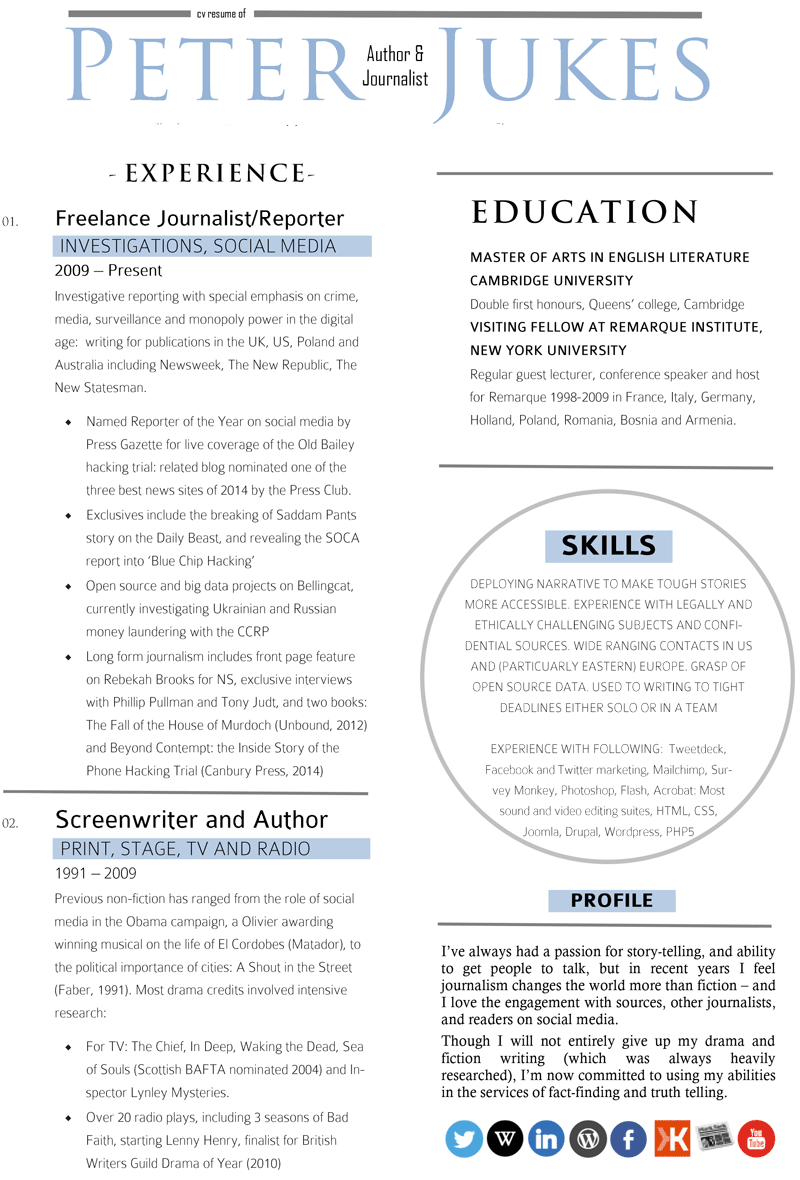
But to show how temporary, and temporalising, these things are - here's also my CV from 2008
Peter Jukes: Biography
Background
Peter was educated at Aylesbury Grammar School before becoming an entrance and foundation scholar at Queens' College, Cambridge. While still a student, Peter won the 1983 RSC Buzz Goodbody Best Director Award and he graduated from Cambridge with a double first class honours in English, and lived in India for a year on a Harper Wood Writing scholarship, working with the Habib Tanvir and Naya Theatre Company in Madhya Pradesh. In 1984 his play CHAPLIN v LLOYD won an Edinburgh Fringe First and toured all over the country. He worked as a producer for BBC Radio from 1984 to 1985, producing readings, plays and documentaries. From 1988 to 1990 he was a visiting lecturer at Westminster University, co chairing a creative writing course with the novelist Mike Phillips.
THEATRE AND RADIO
In 1987 Peter's play ABEL BAREBONE AND THE HUMBLE COMPANY was premiered at the Traverse Theatre and revived for the Edinburgh Festival. SHADOWING THE CONQUEROR, starring Siobhan Redmond, opened in June 1988 and was revived for the Edinburgh Festival. The play was broadcast on BBC Radio 3 and premiered in the US at the Washington Playhouse. He also wrote the book for the Olivier award winning musical MATADOR which opened at the Queen's Theatre in 1991, directed by Elijah Moshinsky. His play, A MAN IN THE TREES, starring Juliet Aubrey, Bernard Hepton, Henry Goodman and Miriam Karlin, was broadcast on BBC Radio 3 in 1994 and subsequently broadcast in Norway, Holland, Ireland and Slovakia. Peter has also appeared as a guest presenter on specials of Radio 4's Kaleidoscope, and a reviewer on Front Row with Francine Stock. He co wrote the musical SANCTUARY with Marcos D'cruze and it had a showcase at the Limelight Club in 1998. Along with Kwame Kwei-Armah he was the judge for the playwriting section of the London Prize in 2004.
BOOKS, PUBLICATIONS, SPEECHES
Peter's non-fiction book about urban life and modernity, A SHOUT IN THE STREET, was published in 1990 in the UK by Faber and Faber, and by Farrar, Straus and Giroux in the US. It was described as "a dream of book" by JOHN BERGER "lucid and courteous... A new kind of book" by THE NEW YORKER. Parts of it were translated into German for the 1994 book UBER DIE GROSSEN STADTE.
Peter is also a speaker at conferences and public debates and has been invited to speak at conferences in the US, Italy, Germany, Poland, Spain, Holland, Romania, Bosnia and Armenia. These include regular appearances at the Remarque Forum, , the GMF Tremezzo Forum, and Café Europa. He also worked a as a speechwriter for the Chancellor of the Exchequer Gordon Brown on the theme of British Identity and is a fellow of the British American Project and a member of the Writer's Guild of America.
JOURNALISM
Peter writes features and book reviews for national newspapers and was a regular contributor to THE NEW STATESMAN. His essay 'Shock and Awe: Apocalyptic Thinking' was published by the influential German Periodical INTERNATIONALE POLITIK in 2005, and his ‘Journal of the Flame Wars' about the US democratic Primaries is to be published by Prospect Magazine this September
FILM AND TV
Peter's main career to date has been in TV and film. In the 1990s his output included dramatic reconstructions is the Newsnight series MEMO TO THE MINISTER for 1992 General Elections, six episodes of The Chief (Series III and IV) with Tim Pigott Smith and Martin Shaw, two episodes of 99-1, devised by Terry Johnson, three episodes of CALL RED and two episodes of HOLBY CITY, including the opener of series III (described by the Guardian as 'the TV equivalent of crack cocaine!).
More recently (i.e. this century) Peter created and wrote the bulk of the three seasons of the primetime BBC1 series crime and undercover series IN DEEP - nine of the eleven two hour films which are still broadcast across Europe. In 2002 he was commissioned to write a pilot for an American version for the USA Network with the Oscar winning director/writer Paul Haggis. Peter also wrote the first episode of the first series the Emmy award winning police and forensic series WAKING THE DEAD starring Trevor Eve and redevised the characters and format of the Scottish Bafta award winning second series SEA OF SOULS starring Bill Patterson in 2005. His episodes of the INSPECTOR LYNLEY MYSTERIES provided the climax to season IV and the opener of season V in 2005/6. SLAVERY: THE MAKING OF for BBC Radio 4 with Lenny Henry, Adrian Lester, Brian Blessed and Greg Wise was broadcast in 2006.
Peter is currently writing more episodes of BAD FAITH, a dark comic drama about a disillusioned police chaplain played by Lenny Henry ("The best radio drama in ages" - The Sunday Times) and working on several film and TV projects including Naming Names for Origin Pictures, the true story of the police's misuse of the witness protection programme to silence an innocent man.
Aug 2008
Selected Poems 1976-2006
Below Stolen Moments
|
Getting the Bug
 There’s a nasty bug doing the rounds. Like a computer virus it occupies apparently innocuous spaces, then starts replicating itself at amazing speed spawning logical contradictions that eventually bring the system shuddering to a halt. Fortunately, the symptoms are easy to spot. If words like ‘seduction’ ‘simulation’, ‘decentred individual’ and ‘posthumanism’ randomly flash across the page, you know you’ve found the bug of post modernism.
There’s a nasty bug doing the rounds. Like a computer virus it occupies apparently innocuous spaces, then starts replicating itself at amazing speed spawning logical contradictions that eventually bring the system shuddering to a halt. Fortunately, the symptoms are easy to spot. If words like ‘seduction’ ‘simulation’, ‘decentred individual’ and ‘posthumanism’ randomly flash across the page, you know you’ve found the bug of post modernism.
Neither Mark Dery’s Escape Velocity nor Shelly Turkle’s ‘Life on the Screen’ are free from this virulent force. Both claim to explore the cultural impact of the ‘digital revolution’, and yet rely on the prescriptions of Baudrillard, Jameson and Lacan - theorists who main contributions were relevant to the mass media of ten or twenty years ago, rather than the multimedia industry today.
Links and Contact Details
Live Tweeting
Over the last few years I've created some attention with my live coverage of the phone hacking trial in London, the most expensive and longest concluded criminal trial in British history. There are various accounts and articles about this on the web, including a radio play. My Twitter feed can be found here, and a collation of evidence from the trial, and all my live tweets, can be found at my Fothom Wordpress blog. There's also a Flipboard magazine and a Facebook Page. My Klout ranking is here.
More Journalism and Books
Various journalistic articles of mine are scattered throughout the web. There's some kind of portfolio at Muckrack. The most extensive reporting is for the Daily Beast and Newsweek, but there's more at the New Statesman, the New Republic, Aeon etc. I have two non fiction books published in the last year: The Fall of the House of Murdoch, available through Unbound or Amazon, and Beyond Contempt: the Inside Story of the Phone Hacking Trial, available via Canbury Press or also on Amazon. I am currently contributing to a new site for open source journalism, called Bellingcat, and advisor (along with Sir Harry Evans and Bill Emmott) to an exciting new crowdfunded journalism startip Byline.
Getting in Contact
My generic email is my first name at peterjukes.com. That should get through to me pretty quickly. My Linked In profile is here. For non journalistic inquiries, for television stage and film, contact Howard Gooding at Judy Daish Associates. Examples of my television work can be found on IMDB. This links to the site for my forthcoming musical, Mrs Gucci. My radio plays can be found in various audiobook formats on Amazon and elsewhere.
Copyright
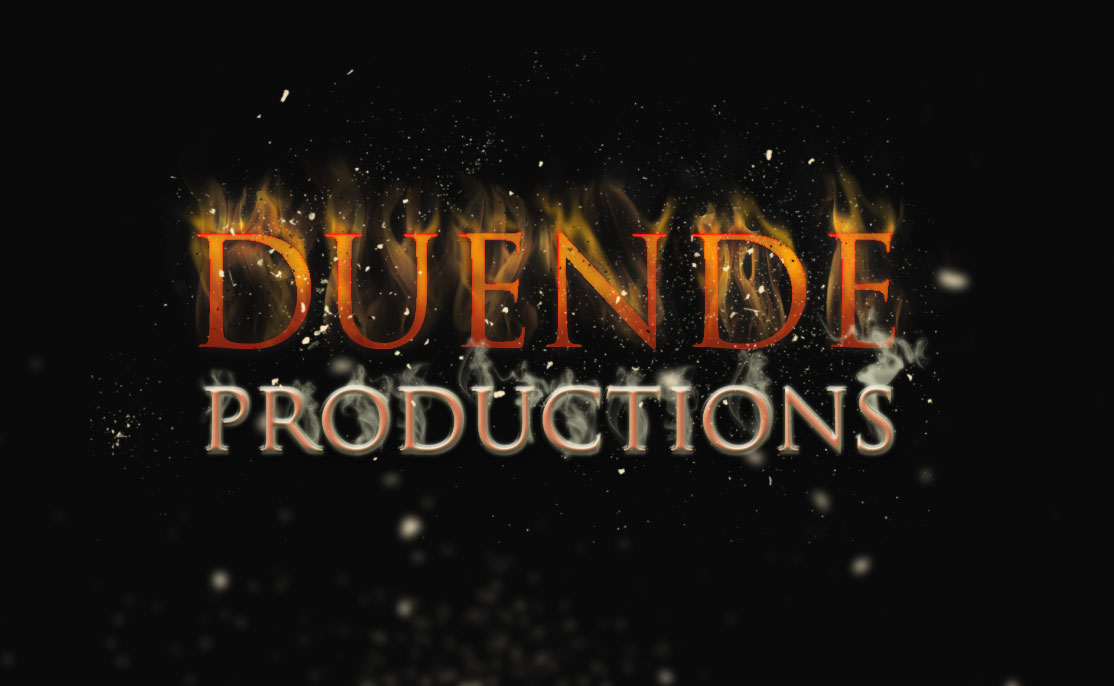
Copyright Peter Jukes/Duende Productions 2014

